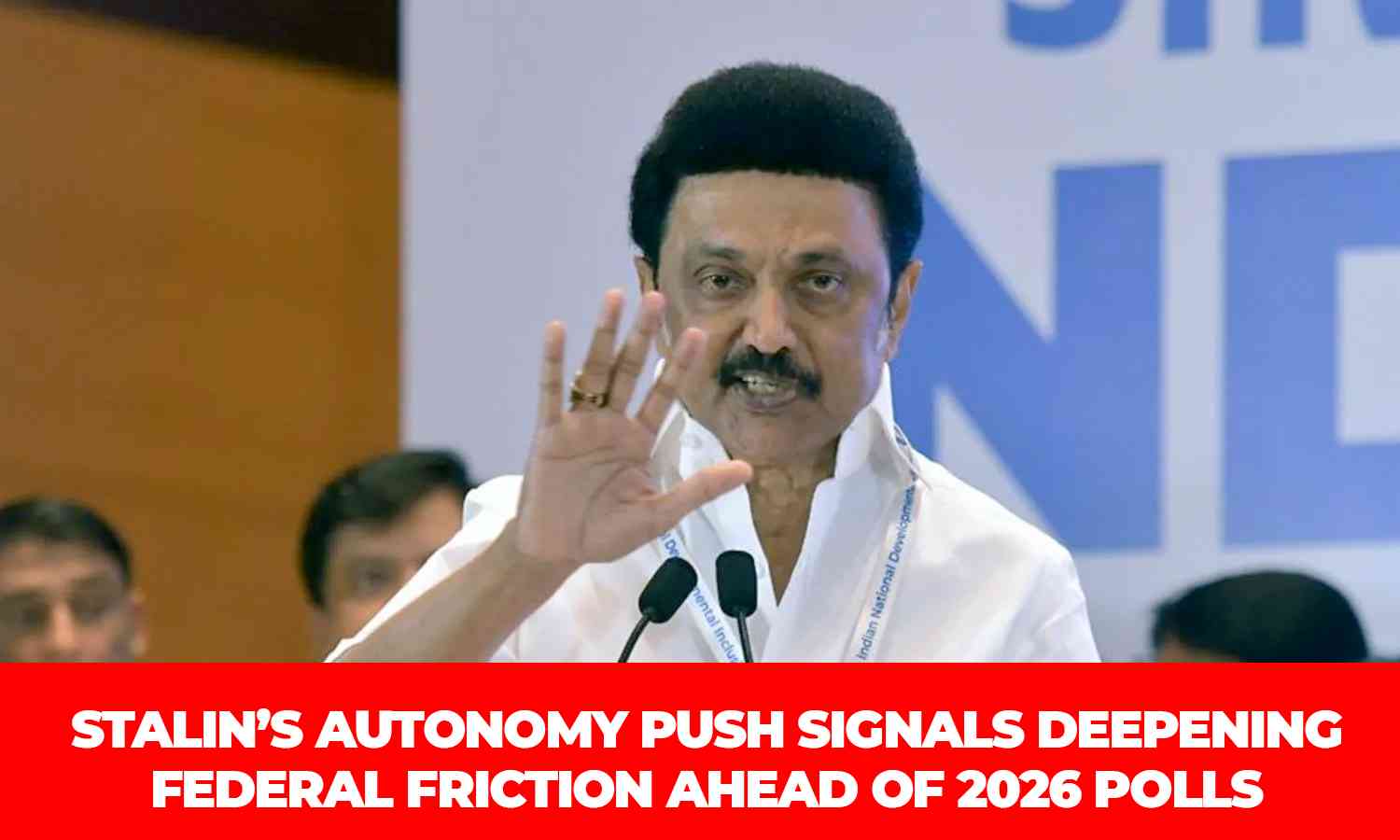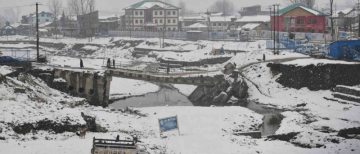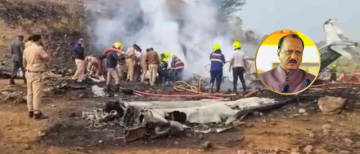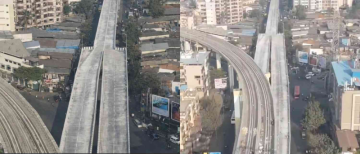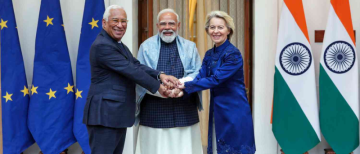Tamil Nadu Chief Minister MK Stalin has thrown down the constitutional gauntlet with the formation of a high-powered committee to examine the state’s autonomy — a bold political and legal move that deepens the DMK’s long-running feud with the BJP-led central government and its appointed Governor.
Headed by retired Chief Justice of India Kurien Joseph, the newly formed panel is tasked with reviewing how to reclaim state authority over areas that have, over the decades, drifted into the Centre’s control, particularly through the Concurrent List. The committee, which also includes seasoned bureaucrats Ashok Shetty and Mu Nagarajan, is expected to deliver an interim report by January 2026, with a final one due by 2028. Announcing the panel in the Assembly, Stalin said the aim is not just to safeguard Tamil Nadu’s rights, but to reaffirm state autonomy as a foundational principle of Indian federalism.

Clash With Governor Adds Urgency
This isn’t happening in a vacuum. The move comes against the backdrop of growing hostilities with Governor RN Ravi, whose prolonged refusal to clear ten bills — some pending for over five years — drew a sharp rebuke from the Supreme Court last week. The top court slammed the Governor’s conduct as “arbitrary” and “unconstitutional,” marking a rare moment of judicial censure against gubernatorial overreach.
The cleared bills, now laws, significantly curtail the Governor’s powers — notably in the appointment of Vice Chancellors in state universities, which has been a key battleground in the ongoing centre-state standoff.

NEET, Education Policy, and the Federal Faultline
At the core of this autonomy drive is education, a sector that has become the flashpoint in Tamil Nadu’s tensions with the Centre. The DMK government has vocally opposed the National Eligibility cum Entrance Test (NEET), arguing it disadvantages rural and marginalised students. The state had twice passed a bill to bypass NEET in favour of Class XII marks — only to have it shot down by President Droupadi Murmu, under the Centre’s guidance.
Mr Stalin has repeatedly demanded that education be removed from the concurrent list and restored as an exclusive state subject, calling for the reversal of the 42nd Constitutional Amendment, which had brought education under joint control. The three-language formula under the National Education Policy (NEP) — requiring students to learn a third language from a prescribed list — has further inflamed tensions. The DMK sees this as “Hindi imposition by stealth,” especially in a state that has long resisted forced linguistic nationalism. The Centre’s threat to withhold ₹2,500 crore in education funds has only hardened the state’s resolve. The Education Minister, Dharmendra Pradhan, has dismissed these concerns as fear-mongering, accusing the DMK of politicising reform and flip-flopping on earlier promises to implement NEP provisions.

Autonomy, Electoral Calculus and the Shadow of Delimitation
Stalin’s move isn’t just constitutional — it’s deeply political. Tamil Nadu is heading into an Assembly election next year, and the DMK is rallying its traditional plank of state pride and resistance to central overreach. The autonomy panel could become a centrepiece of the party’s campaign, especially with growing discontent in the south over perceived northern domination — from policy to parliamentary representation.
The looming delimitation exercise — set to redraw constituencies based on population — has only heightened fears. Southern states like Tamil Nadu, which have effectively controlled population growth, risk losing parliamentary seats to more populous, BJP-dominated Hindi heartland states. The DMK has warned this could fundamentally alter the democratic balance, reducing the political weight of states that have delivered on development and governance — in favour of brute demography.
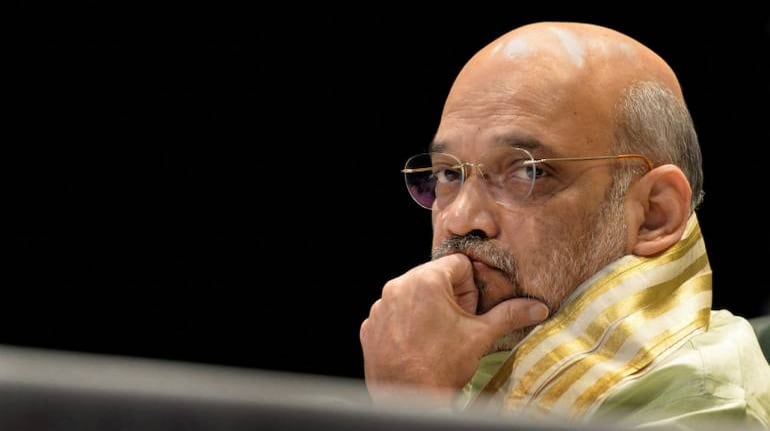
What’s at Stake
The formation of this committee is more than administrative. It signals a renewed push for federalism, one that’s likely to resonate not just in Tamil Nadu, but across opposition-ruled states anxious about creeping centralisation under the current regime. For the BJP, which has struggled to make electoral inroads in Tamil Nadu, this is a challenge to its unitary impulses. For Stalin, it’s a political gamble with potentially transformative consequences — both for his state and the larger Indian union. If the autonomy campaign gains traction, it could reframe the national debate around governance, constitutional rights, and the limits of central power.
With inputs from agencies
Image Source: Multiple agencies
© Copyright 2025. All Rights Reserved Powered by Vygr Media.

